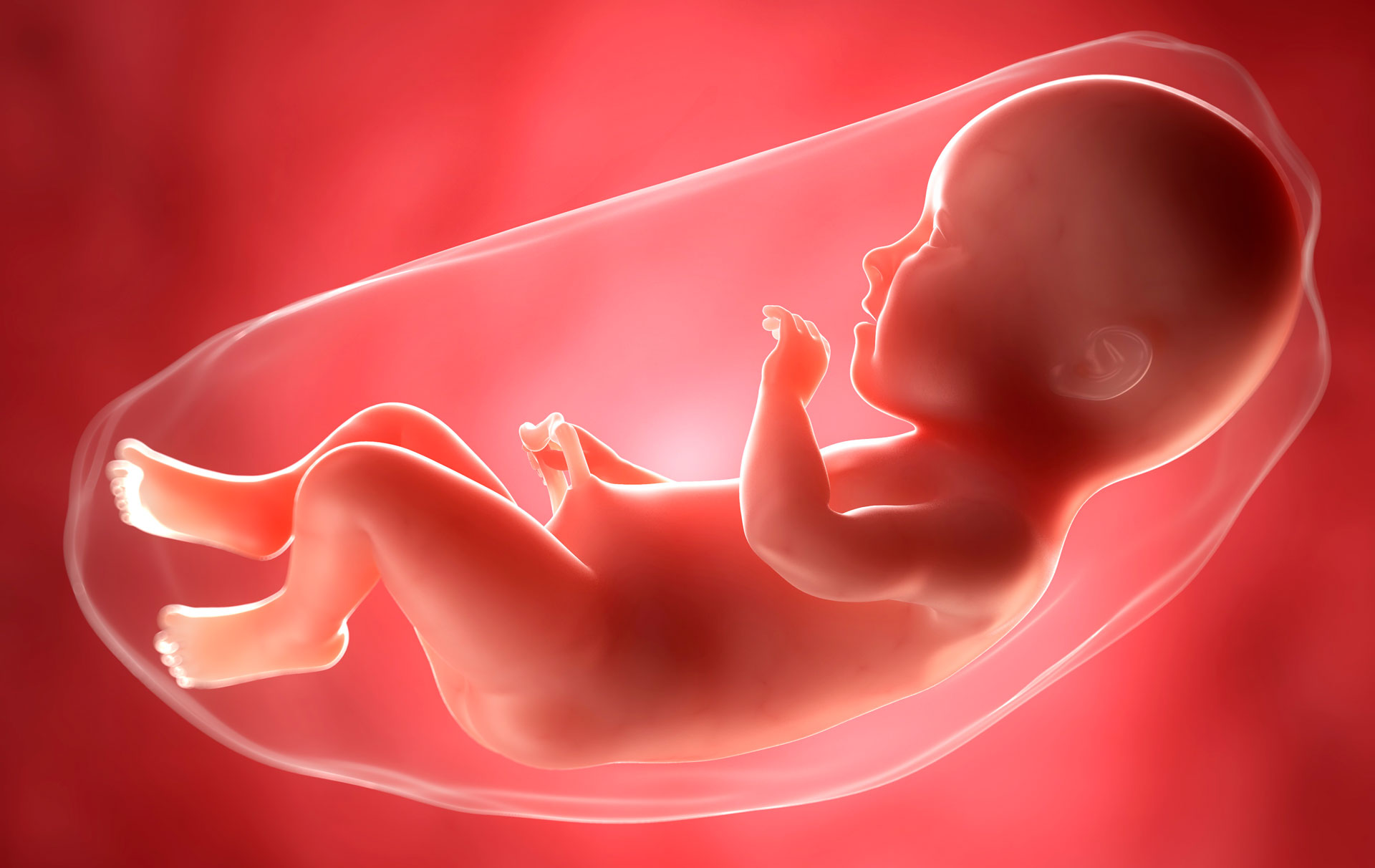Week by week pregnancy guide: 34 weeks pregnant
Including tips for feeling more comfortable!

Parenting advice, hot topics, best buys and family finance tips delivered straight to your inbox.
You are now subscribed
Your newsletter sign-up was successful
You're now 34 weeks pregnant but what should you expect? Read week 34 of our week by week pregnancy guide to find out everything you need to know...
At this point in your pregnancy, week by week, you'll no doubt start to feel more tired and a little uncomfortable - that's normal.It's also time you start preparing for the hospital runs that may occur in the next few weeks. We've put together the following guide so you can know exactly what to do, when.
Symptoms at 34 weeks pregnant
If you suddenly find a tiny foot jammed uncomfortably into your abdomen or just under your ribcage, try rubbing it firmly and asking your baby to please move it. You may be surprised to find that they will. It's not uncommon at this late stage of pregnancy to find that nausea makes an unwelcome return. Small, frequent meals should help.
Fetal development at 34 weeks pregnant
Your baby measures about 43cm and weighs nearly 4lbs 8oz. They are developing an immune system as up to this point they've been solely reliant on yours.
Around 3-4% of babies will be in the breech position where their bottoms or legs lie towards the birth canal instead of being head down. Your doctor may recommend trying an 'external version' where they encourage your baby to turn through manual manipulation, or a caesarean may be suggested. You may want to deliver your baby in the breech position, although there are some risks attached.
Did you know life in the womb can be pretty dull at times? Unborn babies have been captured on ultrasound having a yawn.

The changes you should make at 34 weeks pregnant
Your midwife will measure your blood pressure and test for protein in your urine at your 34 week antenatal appointment. She will measure and plot your symphysis-fundal height and give you specific information about labour and birth, including your birth plan, recognising the signs of labour and coping with pain. Women who are rhesus D-negative may have a second dose of anti-D prophylaxis.
Parenting advice, hot topics, best buys and family finance tips delivered straight to your inbox.
If you're having twins and they share a placenta then you will have another growth scan this week, alongside your routine antenatal appointment.
If you have an older child you'll need to plan carefully for his needs when you go into labour. Your partner could be at the hospital with you for ten hours or more so you'll need to find someone your child is happy to be left with and someone who can come to the house during the night if necessary. Line up friends and relations now and use these final weeks to try leaving your child with them for an hour or so to check that he's happy with the arrangement.
Eager to avoid stitches? Well there is something you can do about it. Research has shown that massaging your perineum from Week 35 onwards means that you are less likely to need an episiotomy or suffer a perineal tear.
Stephanie has been a journalist since 2008, she is a true dynamo in the world of women's lifestyle and family content. From child development and psychology to delicious recipes, interior inspiration, and fun-packed kids' activities, she covers it all with flair. Whether it's the emotional journey of matrescence, the mental juggling act of being the default parent, or breaking the cycle of parenting patterns, Stephanie knows it inside out backed by her studies in child psychology. Stephanie lives in Kent with her husband and son, Ted. Just keeping on top of school emails/fundraisers/non-uniform days/packed lunches is her second full-time job.